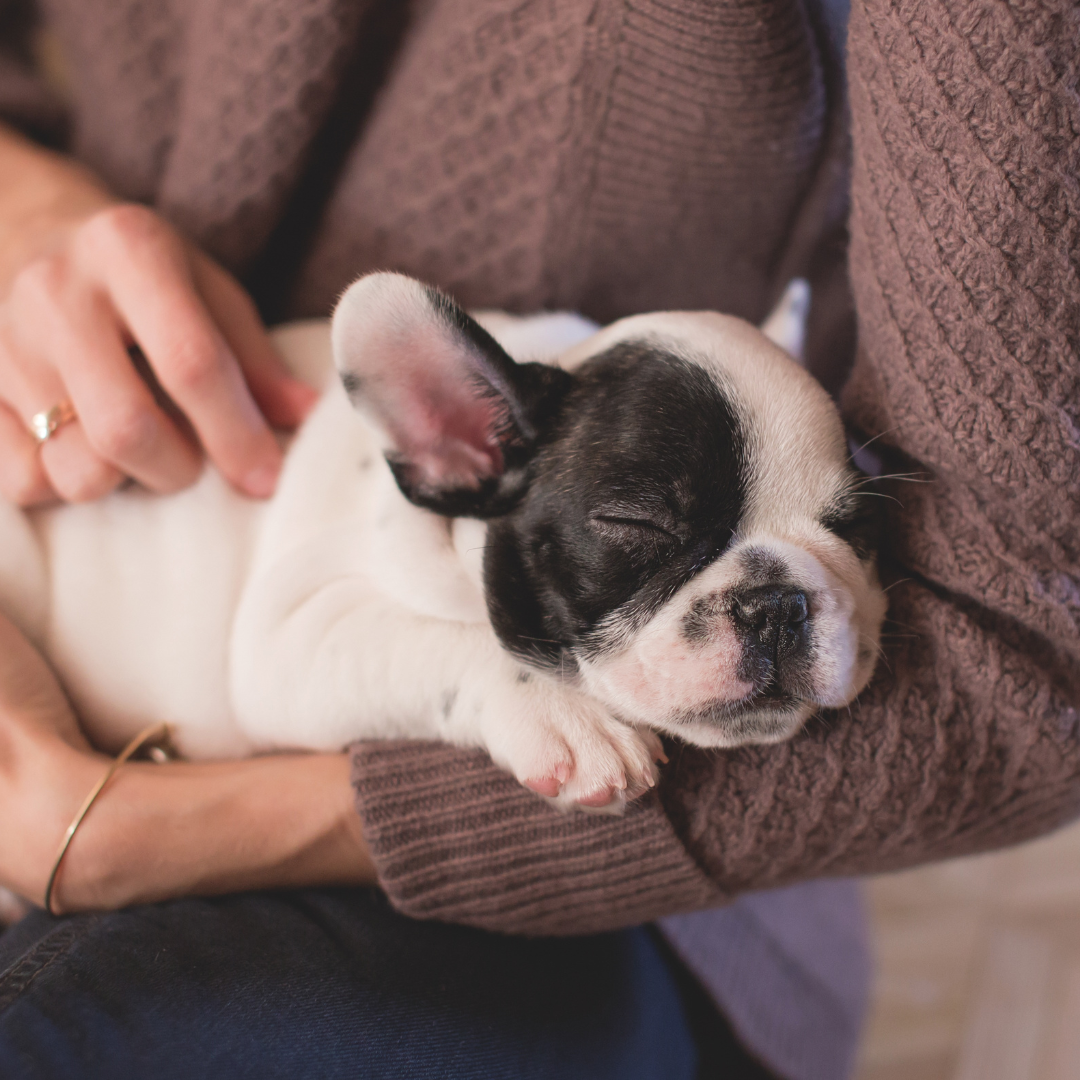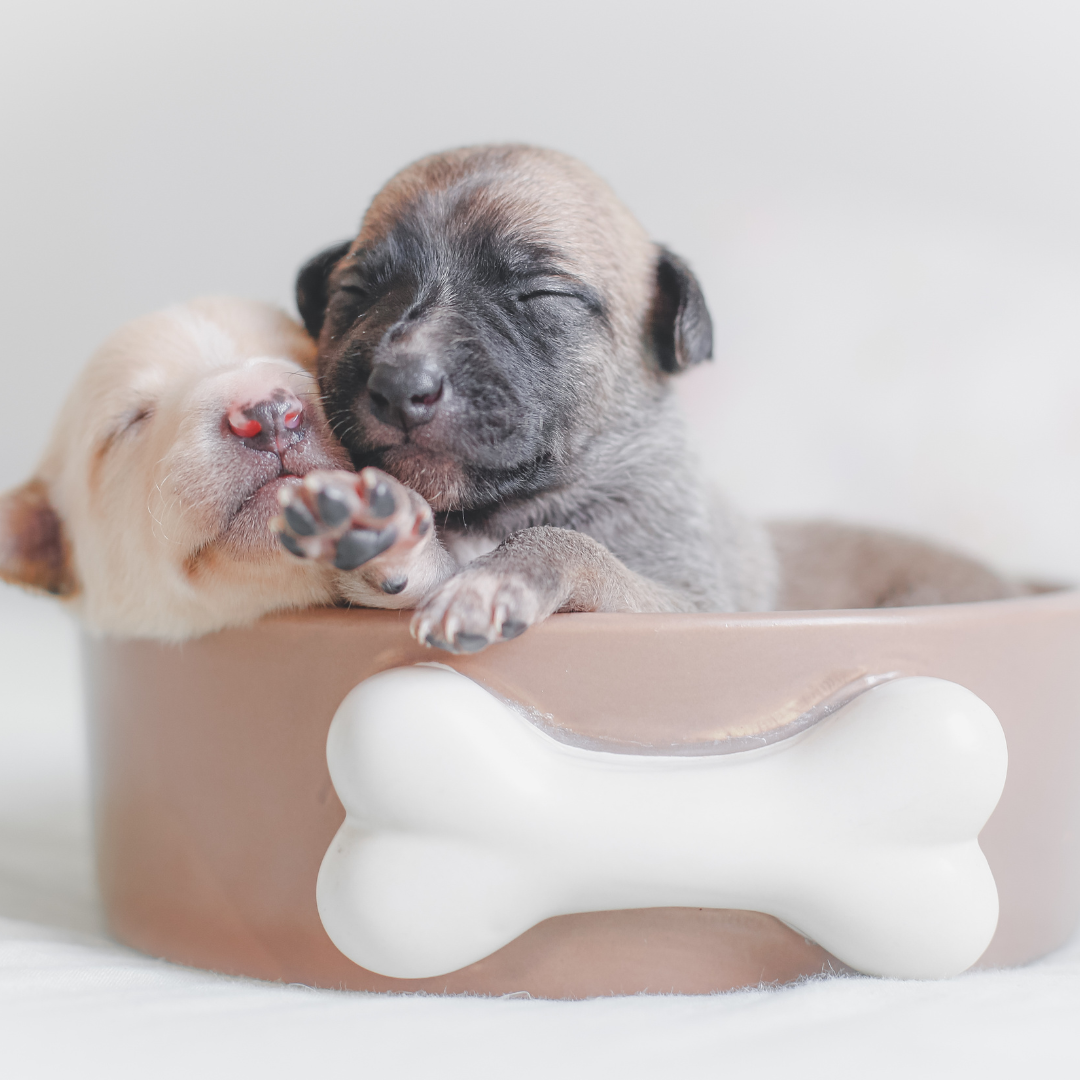HTML sitemap for collections
Collections
Newborn Puppy Care Guide & Age Stage

Newborn Puppy Care Guide & Age Stage
Caring for newborn puppies and kittens can be time-consuming and there are so many things to pay attention to, from living environment, nutrition, temperature and health care. It is a very exciting and satisfying experience to see them grow from newborn babies to more energetic, healthy, live animals. At the same time, the care of dog mothers is also very important. The following articles will regularly share the care methods of newborn puppies and dog mothers!
Newborn to 1 week: The umbilical cord may still be attached, eyes are closed, and ears are flattened.
Week 2: Eyes closed, usually start to open on day 10-17, ears start to open.
Week 3: Eyes open, teeth may start to erupt this week, start to squirm.
Week 4: Teething, beginning to show interest in canned food, sucking reflex develops to licking, walking.
Week 5: Can eat canned food. Might start trying dry food. Start walking and running.
Week 6: Should be able to eat dry food, play, run, and jump.
Newborn puppy care should include regular inspections to watch for signs of poor health.
Newborn Puppy Care- Health

Newborn puppy care should include regular inspections to watch for signs of poor health.
Newborn Puppy Care- Health
There's nothing more exciting than the birth of healthy puppies, but there are many things to take care of all these new little beings in this new world. But don't worry. Check out this newborn puppy care guide for what you need to know to raise a litter of healthy, happy puppies.
Young puppies are prone to illness and infection, so you need to take the time to care for them and keep an eye on them. Newborn puppy care should include regular checks for signs of infection or health. If you notice vomiting, diarrhea, or your puppy's inability to stand or eat, etc., report any abnormalities to your veterinarian immediately.
Small puppies are also particularly susceptible to fleas and other parasites, so discuss proper parasite control measures with your veterinarian before parasites endanger your puppy's health. Also don't forget that you and all family members need to wash your hands thoroughly before interacting with these puppies to help reduce the risk of them getting sick from germs that may be lurking on your hands.

